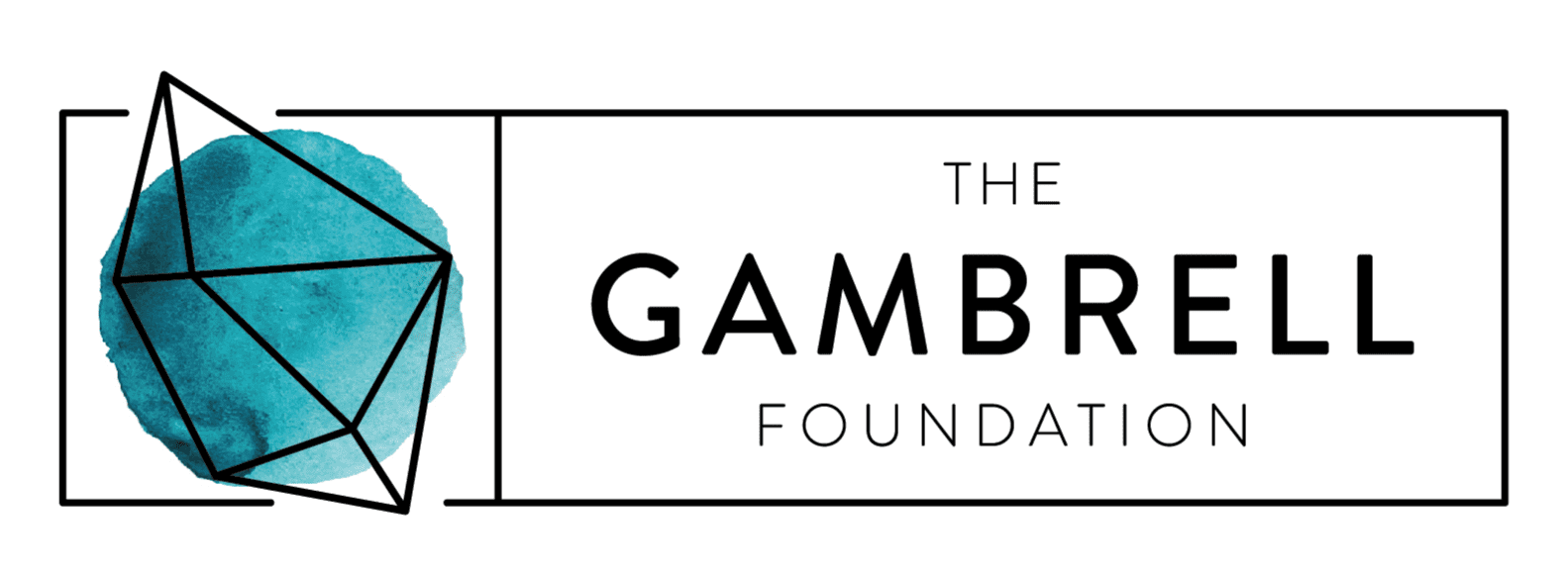Bridging the digital divide in Charlotte


 This project is part of the third cohort of Gambrell Faculty Fellows. Read about the fellows progam and other projects here.
This project is part of the third cohort of Gambrell Faculty Fellows. Read about the fellows progam and other projects here.
In an increasingly digital world, the consequences of not having access to the Internet and knowing how to use technology are starker than ever. Jobs, education, medical services and more a
re all increasingly tied to the Internet.
That’s why Dr. Ming-Chun Lee, associate professor at the College of Arts + Architecture, is studying how best to connect people who currently lack access, and which programs are producing the best results. In recent years, a profusion of programs have risen in Charlotte to connect underserved communities, but they haven’t worked closely together so far.
“The persistent digital divide is still hindering access to information and technology resources, even more so for people living in underserved communities,” Lee wrote in his proposal. “There have been many programs in the Charlotte metropolitan area over the past decade aimed at closing the digital divide by offering internet services, computer equipment, and/or trainings for digital literacy and skills. These programs have however been operated mostly in isolation without close coordination.”
Lee’s aim is two-fold: First, creating a broad inventory of all the different digital literacy assets in our community.
“The goal is to really survey the current landscape of those organizations or institutions offering similar services. Who is doing what?” said Lee. That could include everything from public agencies like the Charlotte Mecklenburg Library to nonprofits like Digital Charlotte to for-profit businesses that offer services, access, training and more.
Lee also envisions creating a new community app that would serve as a single, streamlined, combined place for people seeking places to access the Internet and find technology resources. This app must be mobile-friendly, Lee said, because people living in households with incomes under $30,000 are much more likely to access the Internet exclusively via smartphone.
“What about one app that can really put all these resources together in a very easy to use, simple format?” said Lee.
Second, Lee plans to develop a framework to evaluate established digital inclusion programs and suggest ways to improve them.
“What works, and what’s really not that effective?” said Lee. “We can do in-depth evaluations.”